Keywords: Weapons
There are more than 200 results, only the first 200 are displayed here.
-
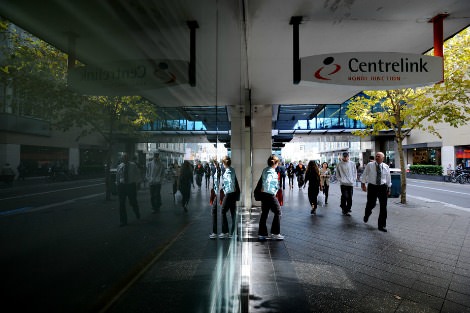
AUSTRALIA
It would be nice to believe, as the Treasurer wants us to, that better times are around the corner. But while wages stagnate and company profits surge, inequality is at its highest since the 1950s. This is not going to get any better any time soon. By 2019, the highest income earners will have received an effective tax cut of 1.5 per cent compared to all other taxpayers who will be paying an extra 0.5 per cent. For young people especially, Budget 2017 boosts inequality instead of building a better future.
READ MORE 
-

INTERNATIONAL
Ypres' human collateral damage and displacement of those forced to flee is investigated at Ypres' In Flanders Fields Museum. The museum handbook parallels Belgian's WWI refugee exodus with the plight of refugees today fleeing Syria, Afghanistan and Africa. It's one way In Flanders Fields Museum is adopting a forward-looking approach to commemoration, pulling World War I's messages and themes out of 1918 and propelling them into the 21st century.
READ MORE 
-
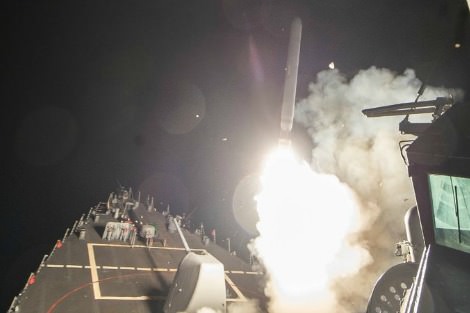
INTERNATIONAL
- Binoy Kampmark
- 10 April 2017
5 Comments
Absent a Security Council resolution, the US had operated independently, adopting a policing and punitive stance against the Assad regime. 'This action,' House Speaker Paul Ryan insisted, 'was appropriate and just.' If humanitarian intervention is supposedly engineered to punish a regime in breach of obligations to protect the civilian population, it starts looking, all too often, like an act of regime change. At what point is the distinction on such matters as proportion or necessity even credible?
READ MORE 
-

INTERNATIONAL
- Justin Glyn
- 07 April 2017
13 Comments
The pictures coming out of Khan Sheikhoun are horrific. Children foaming at the mouth, some with terrible head wounds. No wonder the reaction of the world has been outrage. 'Assad must go' has been revived as a catchphrase in the West. We are right to be appalled. Yet several features about the reported sarin attack in Syria's Idlib Governorate should give pause in the current rush to judgment. Firstly, while you wouldn't know it from much of the media, the facts themselves are contested.
READ MORE 
-
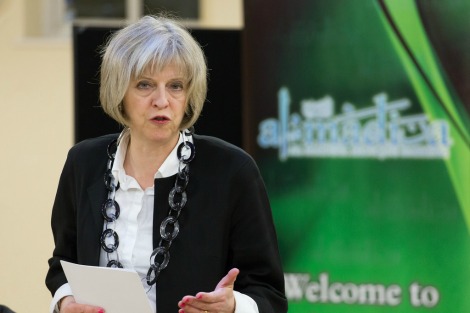
INTERNATIONAL
- Daniel Read
- 12 December 2016
7 Comments
The British Prime Minister is many things. Depending on which side of the political spectrum you're on, she's either a trailblazing female politician set on reclaiming Britain's independent role in Europe, or just another callous, career orientated Conservative ill-suited to the challenges at hand. One quality she does appear to possess, however, is a degree of honesty, particularly when it comes to Britain's controversial take on human rights and foreign trade. Or does she?
READ MORE 
-
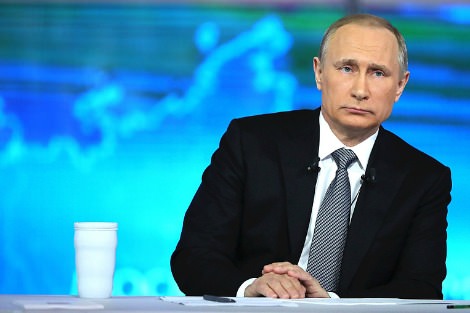
INTERNATIONAL
- Justin Glyn
- 15 November 2016
6 Comments
If a failure of empathy marks our understanding of internal politics, its effects are magnified, with even worse results, in the international arena. A classic example is Russia. Since the fall of the Soviet Union, the west has failed to take Russian interests seriously. I endorse neither the present Russian government nor its point of view. However, knowing that the other side has a point of view and what it is is vital in avoiding miscalculations. You don't get a second chance with nuclear weapons.
READ MORE 
-
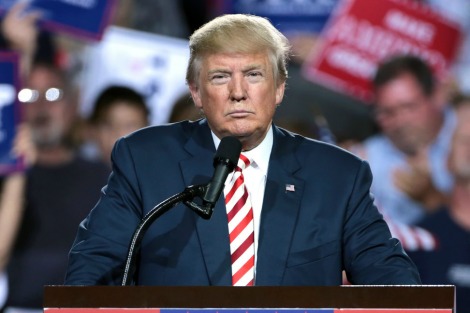
INTERNATIONAL
- David James
- 10 November 2016
17 Comments
The first step for a business person is to make the sale, usually by over-promising and tapping into the emotional triggers of the customer. That is what Trump did. Over and over, he assured everyone that electing him would be 'fantastic'; he would deliver; customer-value is in the bag. The next step, once the sale is made, is for a hard financial logic to be applied. Trump's hype will be, at the very least, toned down. Once the customer has coughed up, business people typically become extremely pragmatic.
READ MORE 
-
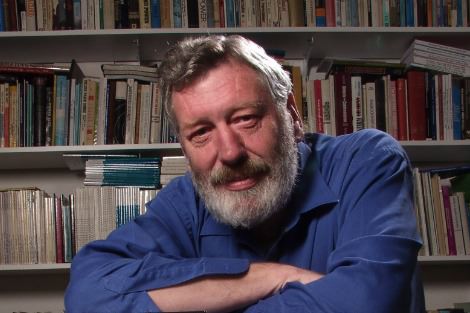
AUSTRALIA
- Binoy Kampmark
- 18 October 2016
2 Comments
The late Professor Desmond Ball of the Australian National University's Strategic and Defence Studies Centre came as close as any on being a public intellectual on nuclear strategy. While some of his counterparts in the US felt that using nuclear weapons was feasible and sound, Ball issued his pieces with mighty caveats. 'Controlling escalation', Ball ventured, 'requires both adversaries to exercise restraint, and current US policy is to offer a ... mixture of self-interest and coercion.'
READ MORE 
-
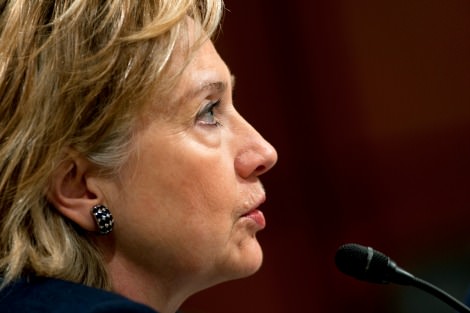
INTERNATIONAL
As the US goes through its convention season, it is becoming increasingly clear that the choice is between someone spouting decidedly undemocratic and possibly fascist rhetoric and someone for whom democratic decision-making is, at best, something to be evaded with as little scrutiny as possible. Both parties are moneyed and both seek foreign scapegoats upon which to direct media attention. November is shaping up to provide a distinctly unpalatable choice.
READ MORE 
-
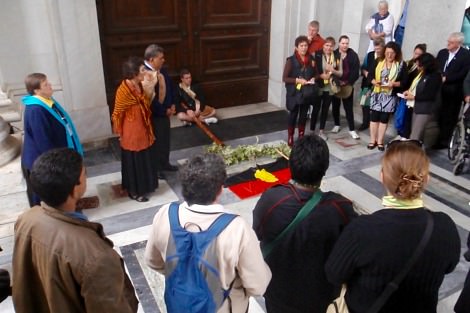
INTERNATIONAL
- Frank Brennan
- 27 July 2016
2 Comments
The violence at the pastoral frontier of the British colonies here in Australia was all pervasive. 228 years after it commenced, we are still experiencing the after-effects. When I started advocating Aboriginal rights here in Australia almost 40 years ago, the prevailing wisdom was that the missions and missionaries were all bad news. It will come as no surprise that I have always doubted that Aborigines were well rid of religion and the missionaries in all circumstances.
READ MORE
-
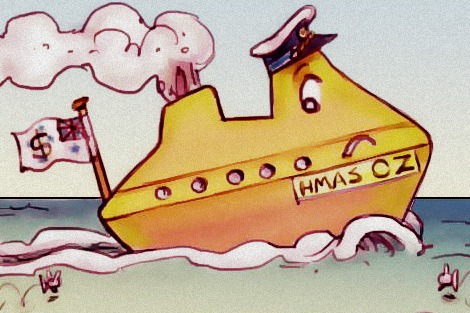
AUSTRALIA
If Australia knows who its enemies are, presumably these putative enemies have a fairly good idea who they are as well. How are they likely to respond to a purchase of submarines? By initiating military countermeasures? By exacting trade sanctions? By diplomatic reprisals? These questions are vital, not just for military planners but also for anyone who is likely to be affected by Australian foreign policy as well as those who want to know more generally how their tax dollars are to be spent.
READ MORE 
-
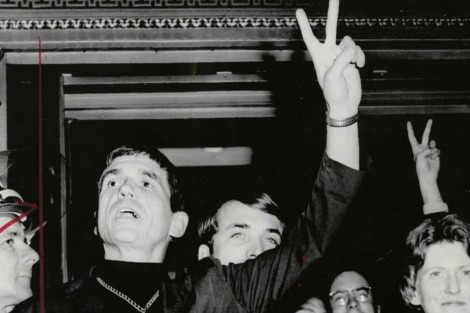
RELIGION
- Andrew Hamilton
- 04 May 2016
18 Comments
By many United States Jesuits including military chaplains, Dan Berrigan was seen as a divisive figure. I also found his actions challenging. I was still to move from my concentration on the goals of military action to focus on what happens to people who make war and have it made on them. Berrigan and others helped me to see the dishonesty in the conduct of the Vietnam war, the cost to Vietnamese civilians and to soldiers on both sides, and the corruption of ethical sensitivity in both societies.
READ MORE 